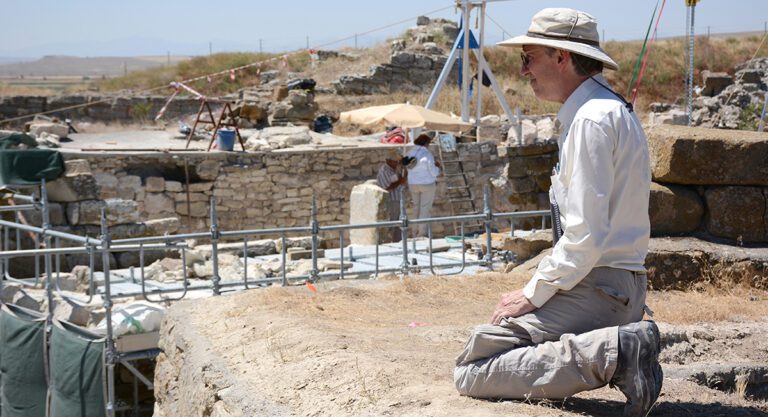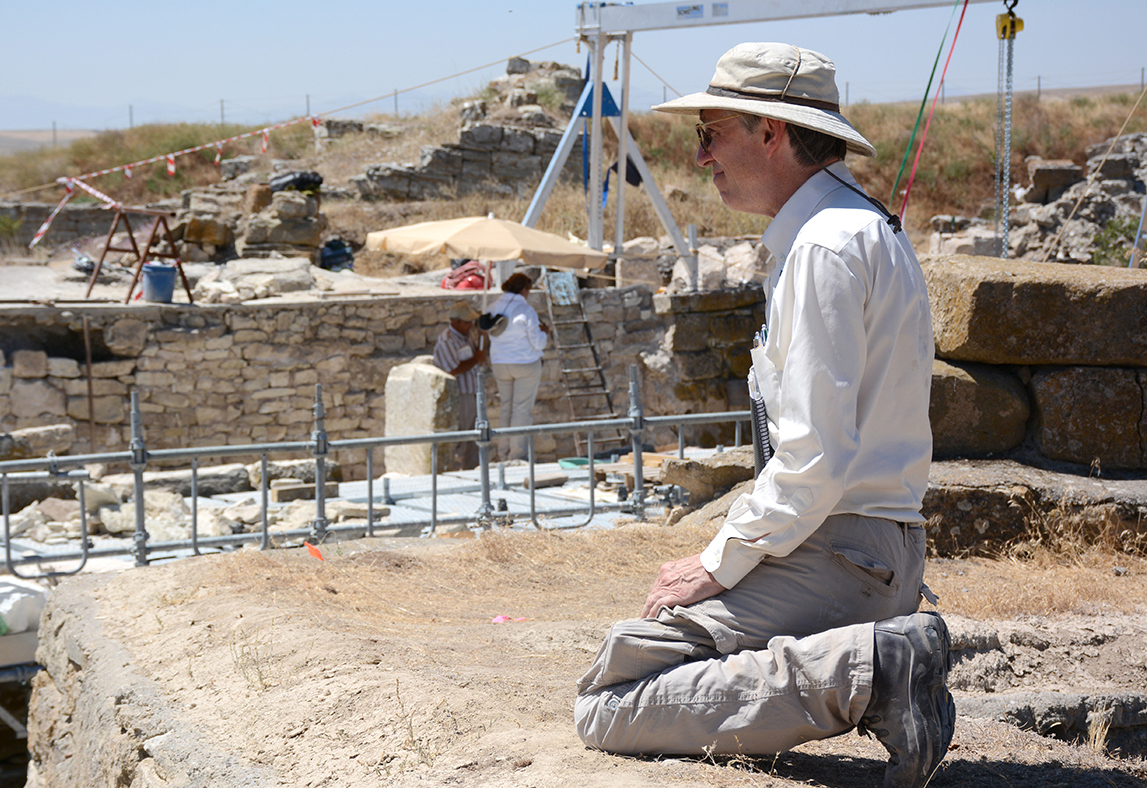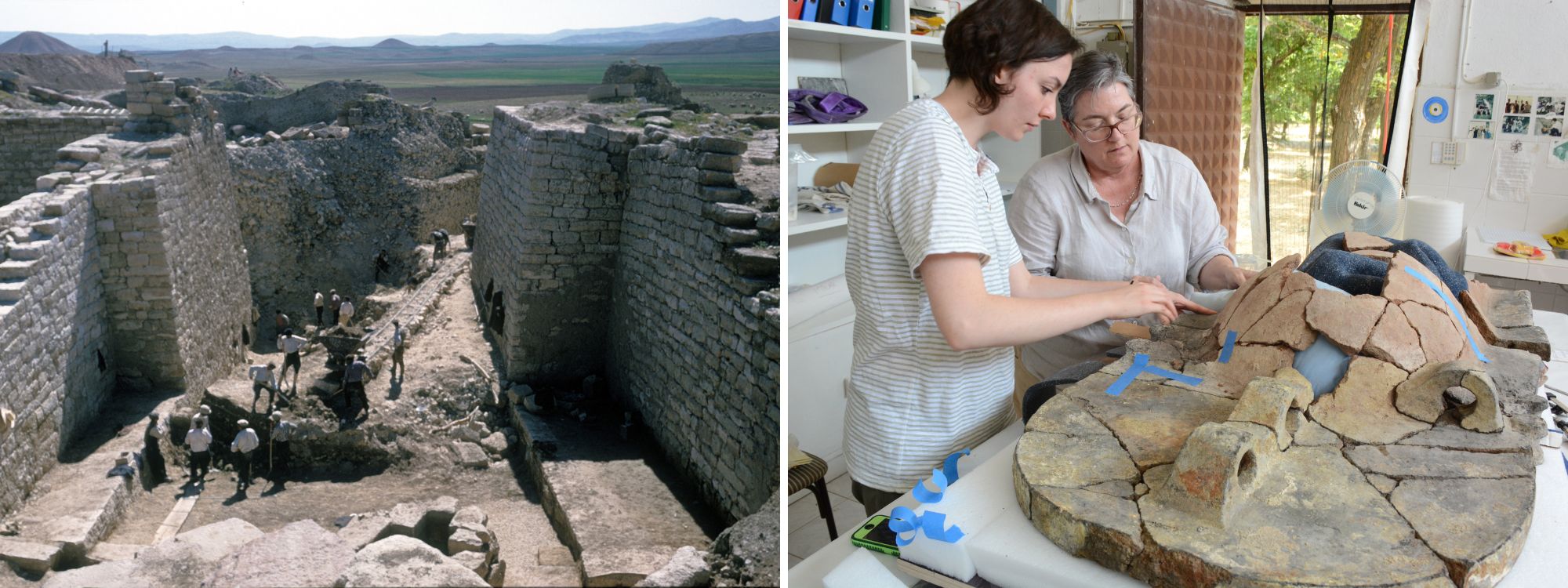Gordion, Turkey, has been designated a United Nations Educational, Scientific and Cultural Organization. (Unesco World Heritage—the first site currently under active excavation by the Penn Museum to add to the list. The announcement took place during the 45th meeting of the World Heritage Committee in Riyadh, Saudi Arabia, officially recognizing the long-standing cultural and archaeological significance of Gordion.
With a rich history spanning over 4,000 years, from the Early Bronze Age (2,400 BCE) to the Medieval period, the ancient city of Gordion reached its peak during the Iron Age (around 900 to 600 BCE). During this period, it served as the royal capital of the powerful kingdom known as Phrygia to the Greeks and Mushki to the neighboring Assyrians. Occupying a strategic position on the Sangarios (Sakarya) River in central Turkey, Gordion played an important role in the trade routes linking the Aegean Sea and the Mediterranean to the Near East. In the Bronze and Iron Ages, this commercial activity brought the city into contact with the Hittites, Neo-Hittites, Assyrians, Urartians, Lydians and Greeks, then later with the Persians and Romans.
More than 70 years of archaeological excavations at Gordion have uncovered remarkable evidence of the progress of human history, from the first decorated stone mosaics ever discovered to examples of extraordinary achievements in carpentry, including the oldest building wooden in the world, dated to 740 BCE. Investigations at Gordion revealed that the legendary King Midas, cursed in later Greek mythology by the “golden touch”, was a real historical figure who ruled from Gordion in the 8th century BCE. New discoveries also support the story that Alexander the Great traveled to Gordion in 333 BCE and cut the proverbial “Gordian knot,” fulfilling the prophecy that whoever did so would rule Asia. The project also uncovered a wealth of information on ancient construction techniques, defensive architecture and cult practices of the Phrygians, as well as key developments in the economic life of the city.
“The new UNESCO designation will allow us to accelerate the protection of the archaeological site and its monuments, while increasing the number of visitors coming to Gordion,” says C. Brian RoseCurator in charge of the Ferry Mediterranean Section of the Penn Museum and James B. Pritchard Professor of Archeology at Department of Classical Studies at Penn School of Arts and Sciences.
“Gordion is one of the Penn Museum’s most important and oldest archaeological sites, and we are very grateful to our partners in Turkey for the opportunity to work there,” said Christopher Woods, Williams Director of the Penn Museum . “The UNESCO listing is a wonderful recognition of the major importance of the site and the incredible work that our Turkish researchers and partners have carried out there for more than seven decades. »
Read more on Penn Museum.




